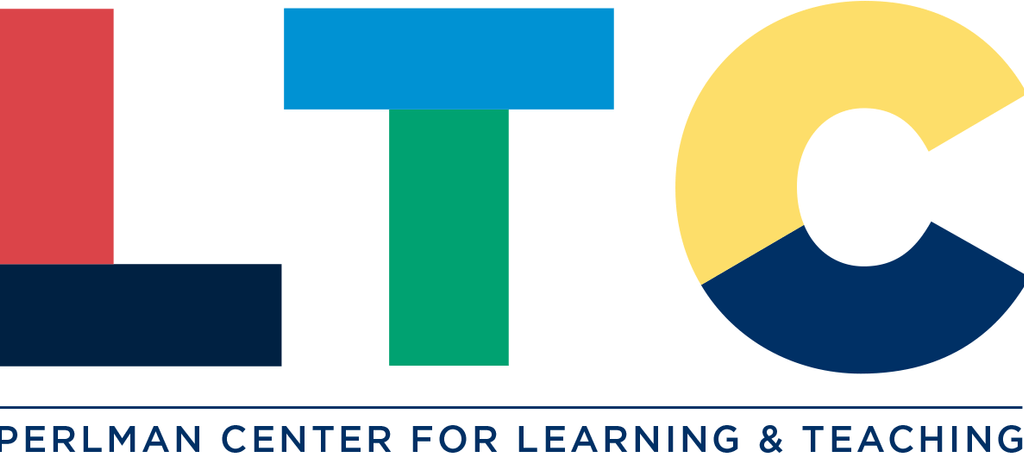Teaching With and Around ChatGPT and Other Tools
A Highlight from the December 2022 LTC Conference. At the conference, we wanted to start answering the question “how can we teach critical thinking and digital literacy using AI tools?” …

Reading Circle: Trust in Numbers
In summer 2021, we structured our Reading Circle around weekly discussions of Trust in Numbers by Theodore Porter, supplemented by additional readings (see Further reading below). We began this Reading…
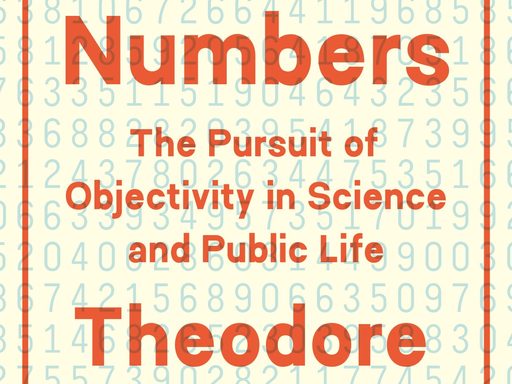
Finding the Excitement in Teaching Remotely: Doing CS with a Light Board
Why would you build your own light board in your home office? It sounds exciting but how does it work and why should you consider doing it (or not)? I…
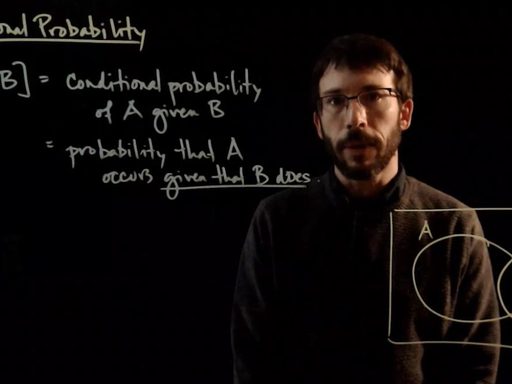
Example of resilient course design for an interactive lecture course
In thinking about fall term course planning, I had two strong responses: 1) I don’t know where to begin, and 2) It’s a lot of work to plan a course,…
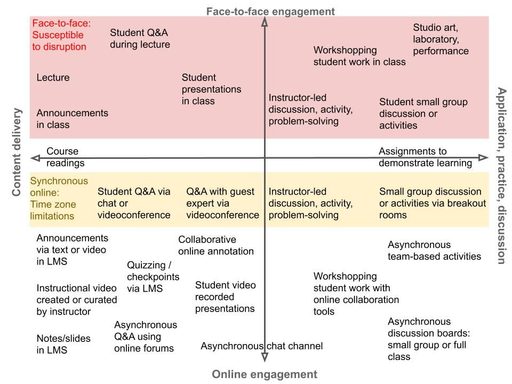
A glimpse into a teaching circle
Kim Huynh (Chemistry), Andrea Mazzariello (Music), Ryan Terrien (Physics & Astronomy), and Paul Petzschmann (European Studies) participated in a teaching circle this past fall. They created a podcast that provides a glimpse into their experience.
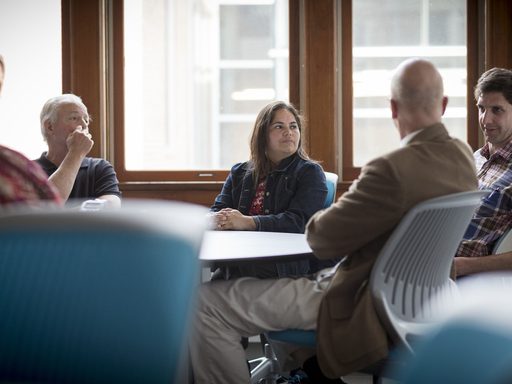
Teaching circle reflections on student participation
Kristin Bloomer (Religion), Anita Chikkatur (Educational Studies), and Anna Rafferty (Computer Science) participated in a teaching circle last spring. Here Kristin, Anita, and Anna provide a glimpse into their experience…
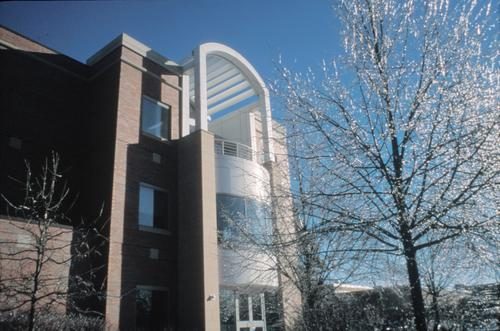
SoTL stories
Faculty at Carleton spend a lot of time thinking about teaching, and yet we don’t always do a good job of making our scholarly teaching visible, as I noted in…
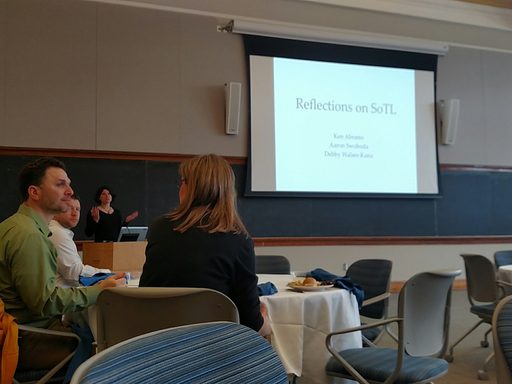
Categories
- Course Content
- Course Design
- Faculty/Staff Scholarship
- High Impact Practices
- Inclusive Classrooms
- Learning & Teaching with Technology
- Resilient Pedagogy
- Students’ Identities
- Teaching in the Disciplines
- Teaching Methods
Tags
- 10-week term
- Academic Honesty
- Accessibility
- ACE
- Active Learning
- Antiracism
- Arts
- Assignments
- BIPOC Students
- Civic Engagement
- Classroom Environment
- Cognitive Development
- Collaboration
- Community
- Critical Thinking
- DACA
- Data
- Difficult Conversations
- Digital Arts and Humanities
- Digital Competency
- Discussion
- Distraction
- Engagement
- Equity
- Exhibitions
- Experiential Learning
- Faculty Development
- Faculty/Staff Collaboration
- Faculty/Staff Research
- Feedback
- First Generation Students
- Flipped Classroom
- Focus
- Global Learning
- Grading
- Group Work
- Growth Mindset
- Hidden Curriculum
- Humanities
- IDE
- Immigration
- Inclusive Classrooms
- Information Literacy
- intercultural Studies
- International Students
- LACOL
- Languages
- Large Classes
- Learning Objectives
- Lecture
- LGBTQIA+
- Library
- Low Income Students
- LTC Student Fellows
- Maps
- Media Literacy
- Mental Health
- Metacognition
- Microaggressions
- Moodle
- Multilingual Students
- Neurodiversity
- Off-Campus Studies
- Online Teaching
- Oral Presentation
- Pandemic
- Participation
- Peer Mentoring
- Perlman Teaching Museum
- Podcasts
- Political Events
- Public Health
- Public-Facing Assignments
- QRE
- Quantitative Reasoning
- Racial Understanding
- Reading
- Reflection
- Sleep
- Social Sciences
- Staff Teaching Students
- STEM (Current Tag)
- Stereotype Threat
- Student Evaluations
- Student Experiences
- Student Research
- Student Resistance
- Student Support
- Student-Student Rapport
- Students with Disabilities
- Summer Reading Circle
- Syllabus
- Teaching Circle
- Team-Based Learning
- TILT
- Transparent Assignment Design
- Trauma-Informed Pedagogy
- TRIO-SSS
- UDL
- Undocumented Students
- Universal Design for Learning
- Video
- Wellness
- White Spaces
- Women Students
- Writing
- Writing Across the Curriculum

